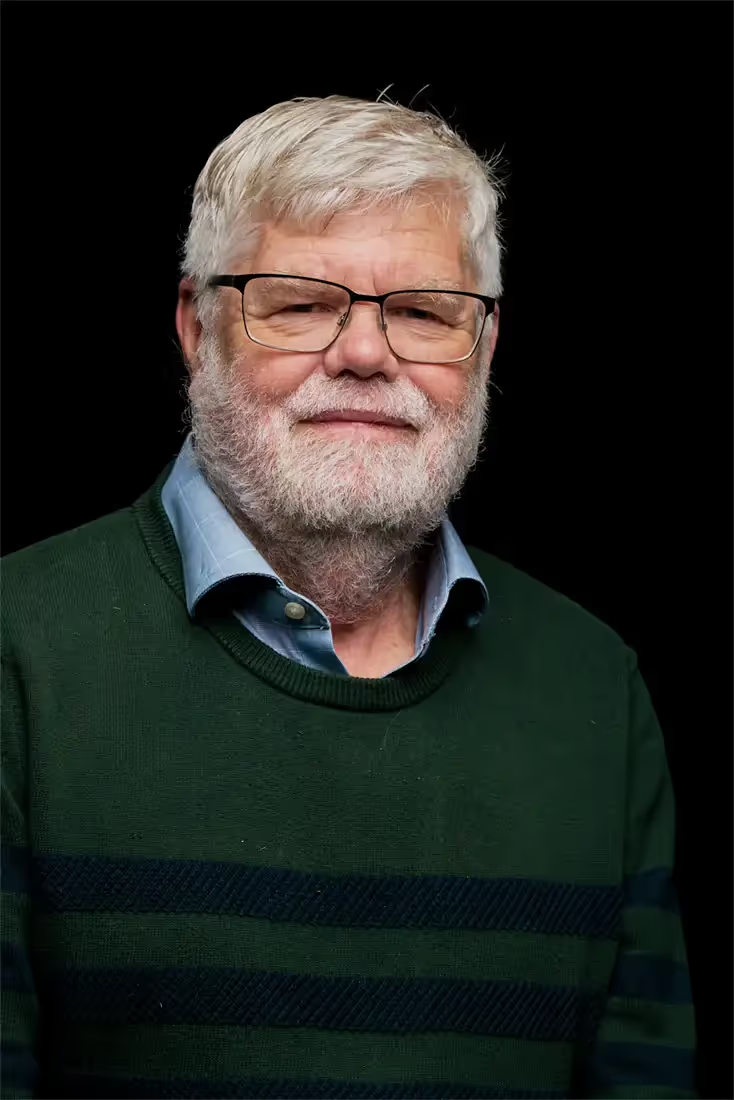Similar Psychologists


After completing my studies in psychology at the University of Western Australia I accepted employment contracts that took me to most parts of Australia. From mining towns to the cities, remote and rural communities, pastoral and agricultural regions the Kimberley, wheatbelt, north Queensland to Melbourne. I have worked for and with government departments, indigenous organisations, non-profit community groups, private companies, universities, and aged care.
As I have often been the first appointment to my position the role has included establishing and developing processes and involving the community. It also meant assisting people when there was a paucity of other professions or support. Along the way I have been involved in the establishment of additional on-going community/social organisations and been CEO of agricultural enterprises.
This clinical experience exposed me to a variety of clinical work from foetal alcohol syndrome, substance misuse, suicide, depression, anxiety, trauma/PTSD, dementia, chronic pain, eating disorders, bipolar, OCD, grief, addictions, and other mental health issues. These issues may be temporary, episodic, or permanent, internal, or external. Often these are not single issues.
Clients have ranged from the very young to the very elderly across a range of occupations, experiences, education, and social roles including veterans, terminal ill-health, dementia carers, indigenous, FIFO.
Sometimes it is hard to cope with what is happening in one’s life e.g., dealing with relationship changes, parenting, health matters, financial issues, job losses, experiencing natural disasters such as cyclones, drought, flood, fire, or human events. This is where clinical psychology can help, and interventions may be brief or longer term.
The fundamental aspect with client work is understanding what the client wants/needs. There is no one intervention that works for all disorders and clients. Interventions must be adapted to the client’s needs. Most people can get better most of the time with appropriate intervention/support. With this goal I have attended workshops run by many of the foremost practitioners in their specialist areas.
Clients are the experts on themselves, they have lived their lives and what has happened to them. The amazing aspect is not how many people have mental health issues, but how so many survive, manage and cope with adversity, pain, and demonstrate resilience in difficult situations.
Although the specifics differ across cultures there are basic elements of behaviour applicable, and these can be aided by the implementation of appropriate evidenced based interactions i.e., what is the best treatment available under these circumstances. It is frequently not the lack of knowledge but the application that is difficult.
Like physical health mental health is a continuum, sometimes we are well and sometimes not. The question is what can bed one to maintain good mental health and how to manage/ get through when mental health is poor.
For the past 8 years my work has been split between private practice and a non-profit community organisation in Perth.

Neil's resume is not available online at this time. Please contact reception to get a copy.
Neil does not have any publications at this time.